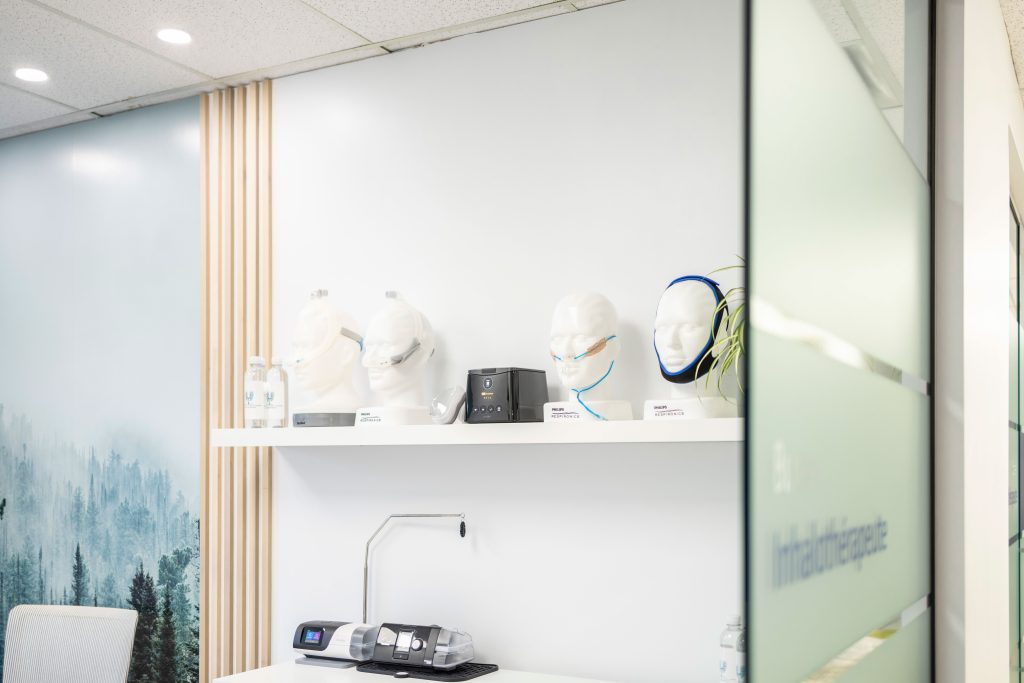Sleep apnea can present significant challenges, but with the right strategies and habits, it is possible to manage this condition effectively on a daily basis. In this article, we explore practical tips to help you manage sleep apnea and improve your quality of life.
1. Follow Medical Recommendations
The first step in managing sleep apnea is to follow your healthcare provider’s recommendations. This may include using a continuous positive airway pressure (CPAP) machine or other prescribed treatments. Make sure you understand how to properly use your equipment and follow all provided instructions.
2. Maintain a Consistent Sleep Routine
Establishing a regular sleep schedule can improve sleep quality. Go to bed and wake up at the same time each day, even on weekends. Create a sleep-friendly environment by keeping your room dark, quiet, and at a comfortable temperature.
3. Avoid Stimulants in the Evening
Caffeine, nicotine, and alcohol can disrupt sleep, especially for those with sleep apnea. Try to limit or avoid these substances, particularly in the late afternoon and evening. Instead, opt for relaxing beverages such as caffeine-free herbal teas.
4. Adopt a Healthy Diet
A balanced diet can positively impact sleep quality. Avoid heavy, high-fat meals before bedtime, as they may worsen sleep apnea symptoms. Opt for light meals rich in vegetables, lean proteins, and complex carbohydrates instead.
5. Maintain a Healthy Weight
If you are overweight, losing even a few pounds can reduce sleep apnea symptoms. Consult a healthcare professional to create a safe and effective weight-loss plan that includes a balanced diet and regular exercise.
6. Avoid Risky Sleeping Positions
Certain sleeping positions, such as lying on your back, can worsen airway obstruction. Try to sleep on your side to help keep airways open. A body pillow or specially designed pillow can assist in maintaining this position.
7. Stay Physically Active
Regular exercise can improve overall health and help reduce sleep apnea symptoms. Even moderate activity, such as walking, can have a positive impact. However, avoid intense exercise too close to bedtime to prevent sleep disturbances.
8. Manage Stress
Stress and anxiety can worsen sleep apnea symptoms. Practice stress management techniques such as meditation, yoga, deep breathing, or progressive muscle relaxation to promote better sleep.
9. Educate and Inform Your Loved Ones
If you live with others, ensure they are aware of your condition. They may notice sleep apnea episodes and provide additional support when needed.
10. Have Regular Check-Ups with Your Healthcare Provider
Managing sleep apnea is an ongoing process. Schedule regular check-ups to assess progress, adjust treatments if necessary, and address any new symptoms or concerns.
Conclusion
Managing sleep apnea daily requires a holistic approach. By following these essential tips and working closely with your healthcare provider, you can enhance your sleep quality and overall well-being.











